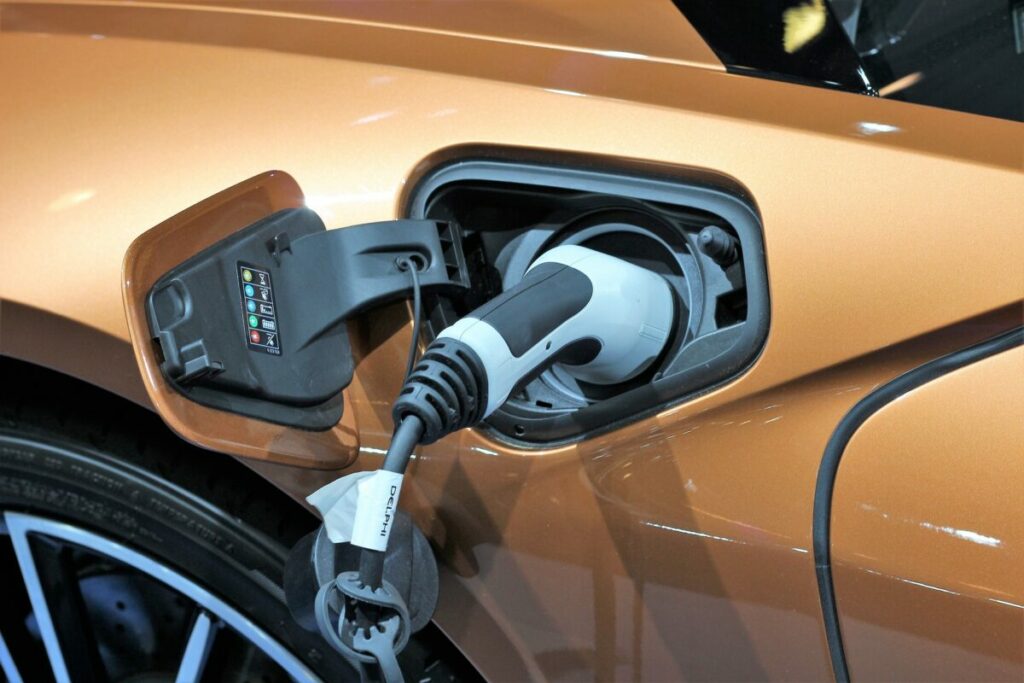The Society of Motor Manufacturers and Traders (SMMT) has said that the UK electric vehicle (EV) market has now left the ‘early adopter’ phase.
The trade association stated that the UK EV market is now “entering a new phase” as it is anticipating the clean mobility solution to reach an almost 18% market share by the end of 2023.
EVs in the UK have been growing in popularity due to a number of incentives and legislation, particularly the 2030 ban on the sale of fossil fuel powered internal combustion engines (ICEs).
The result, according to SMMT, has seen more than 800,000 EVs registered – a staggering 21-fold increase since 2018 when it had a market share of 0.7%.
The electrification of fleets is said to be “leading” the transition, SMMT said, but the end of private consumer incentives is currently undermining mass market demand.
Highlighting this issue, the trade body’s research shows that two thirds of drivers want to go electric but are being held back by lack of incentives and infrastructure. However, when drivers do adopt an EV, nine in 10 state they would “never go back” to a conventionally fuelled vehicle.
One of the biggest issues in the adoption of EVs cited by SMMT is affordability and uncertainty regarding the availability of a nationwide charging network.
In terms of affordability, the UK EV market is now experiencing growth within the second-hand EV market, and when this is fully developed, EVs will be accessible to the general public at a greatly reduced cost.
“We are entering a new phase in the UK’s EV transition, in which Britain can, and should, be a leader. We have the industry, the love of new technology and the scale to succeed. Government has recently demonstrated its commitment to EV manufacturing in the UK and that commitment must be extended to the consumer,” said Mike Hawes, chief executive of SMMT.
“With a new – and still to be finalised – Zero Emission Vehicle Mandate due to revolutionise the market in just over 100 days, supply must be matched by demand. A comprehensive package of measures would encourage households across the UK to go electric now, boosting an industry slowly recovering from the pandemic and delivering benefits for the Exchequer, society and the global environment.”





